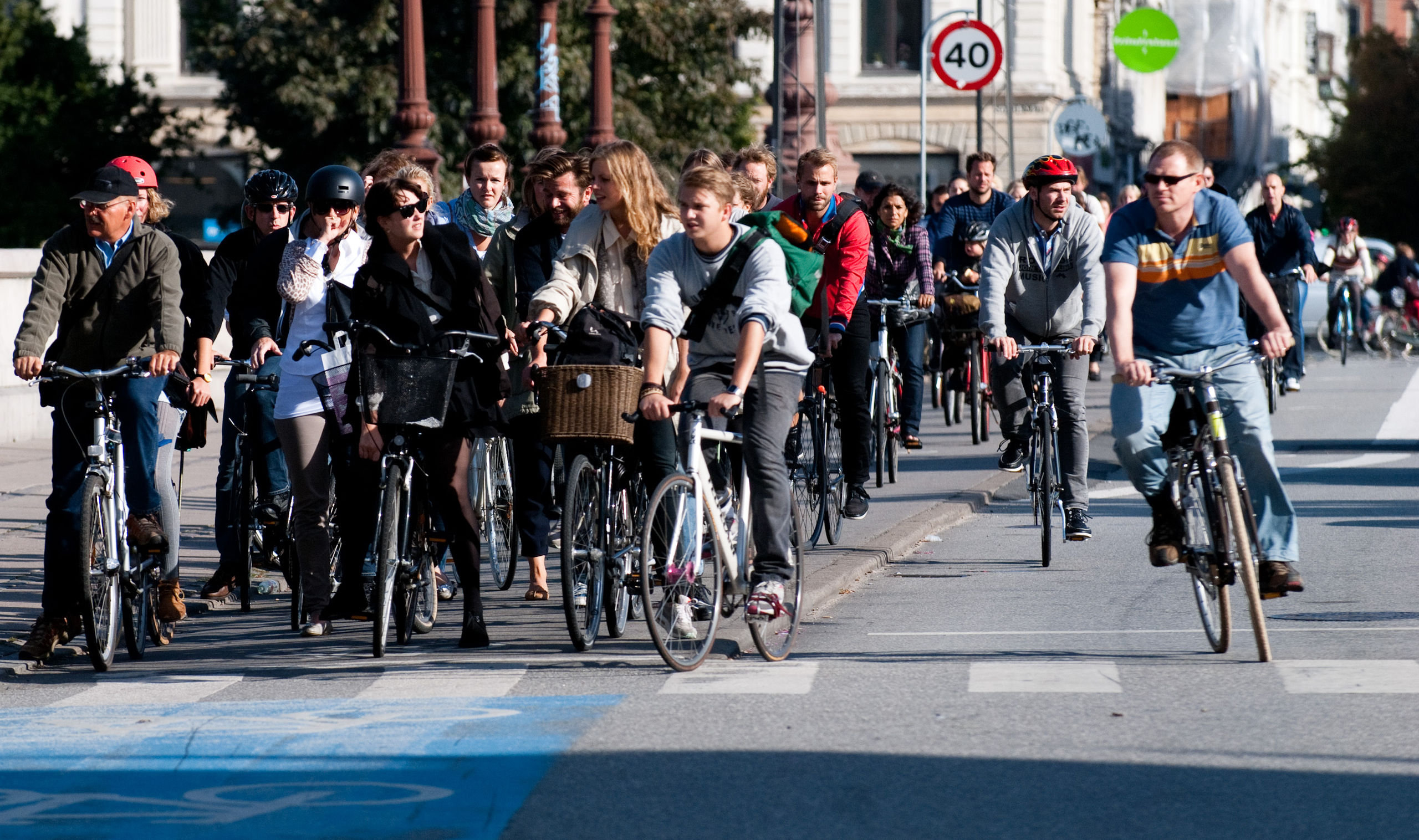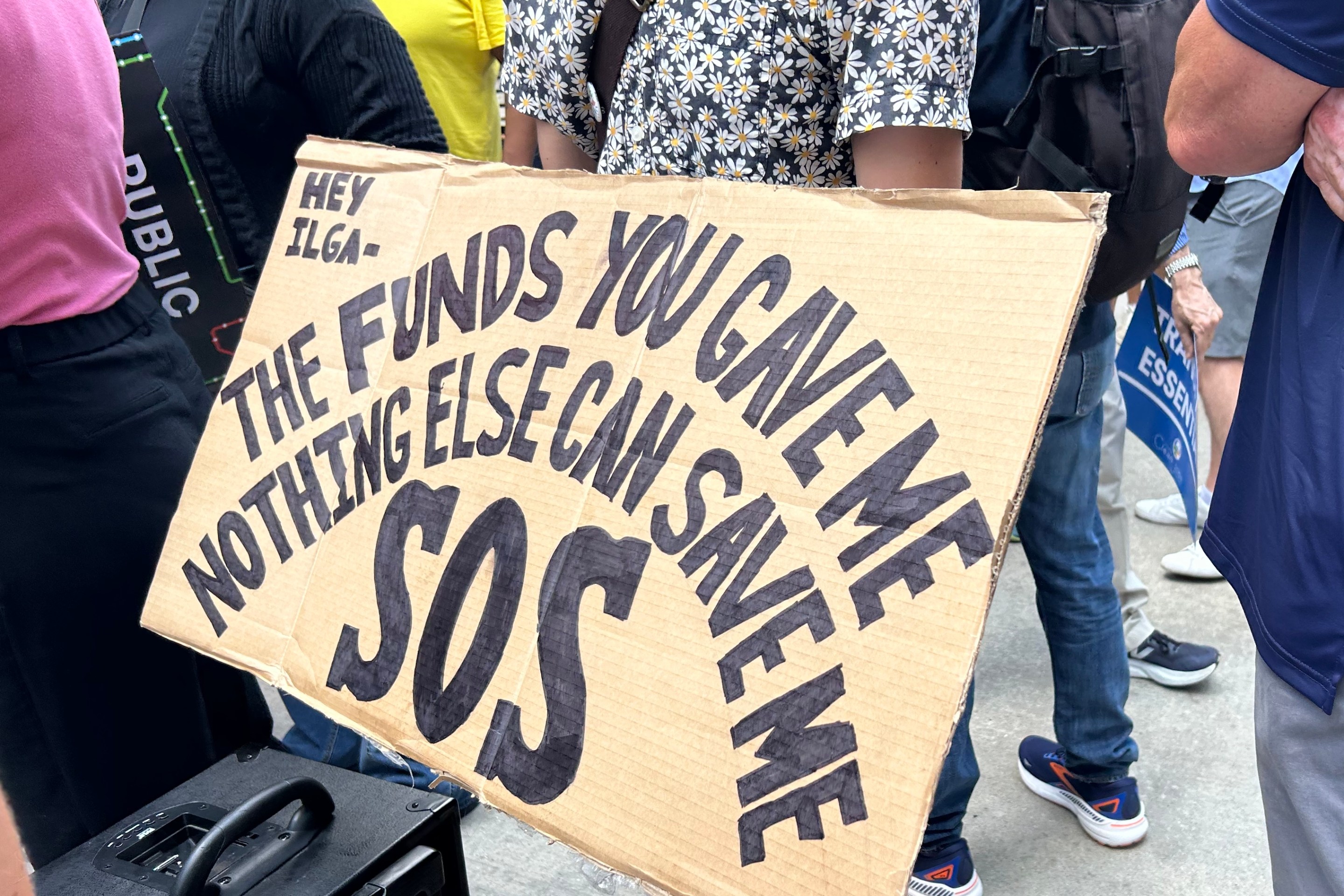Bike helmets make sense for racing, mountain biking, aggressive urban commuting, and other kinds of higher-risk cycling. They may also be a good idea for relaxed commuting in cities that currently aren’t safe places to ride due to car-centric street layouts and an epidemic of reckless, distracted, and drunk driving. This includes Chicago and most other large U.S. cities.
But in cities that are truly safe for biking, such as Amsterdam and Copenhagen, the bicycle mode share is exponentially higher, and the vast majority of people don’t wear helmets for casual commuting. These places also have far lower bike crash, injury, and fatality rates than their U.S. counterparts.
So if lots of people are wearing bike helmets for moderate-paced commuting in your town, that’s probably a symptom of the fact that it’s a dangerous place to ride. If that’s the case, more needs to be done to prevent crashes, rather than just mitigate them.
If that’s the situation in your city, feel free to wear a bike helmet for relaxed commuting if you believe it makes you safer. But people shouldn’t waste time exhorting others to wear them. Instead, residents and leaders should focus their efforts on creating bike-friendly street design, mobility education, and traffic enforcement. That’s what will make your city a truly safe place to cycle – with or without a helmet.





